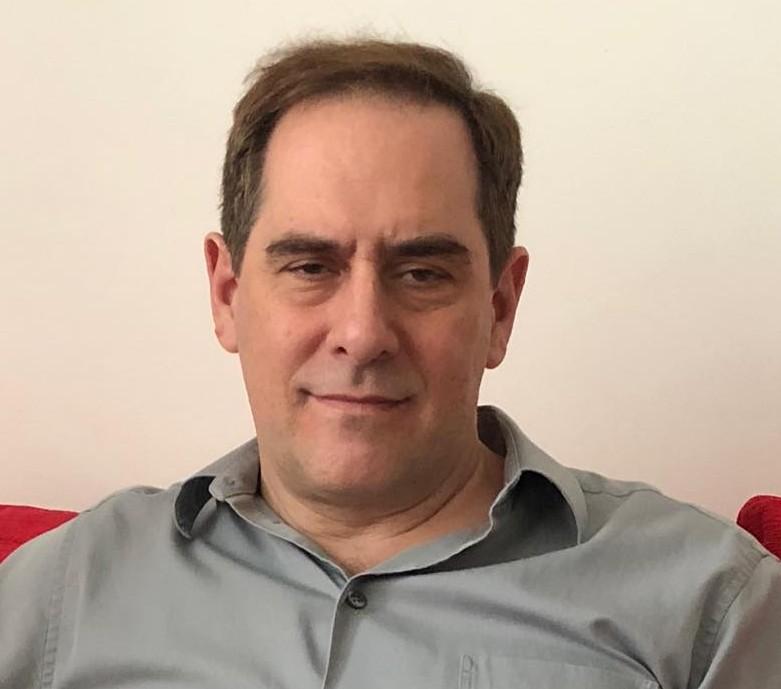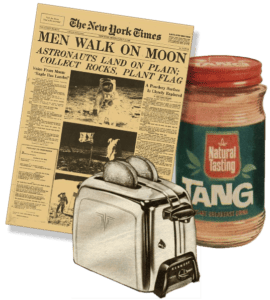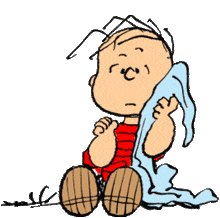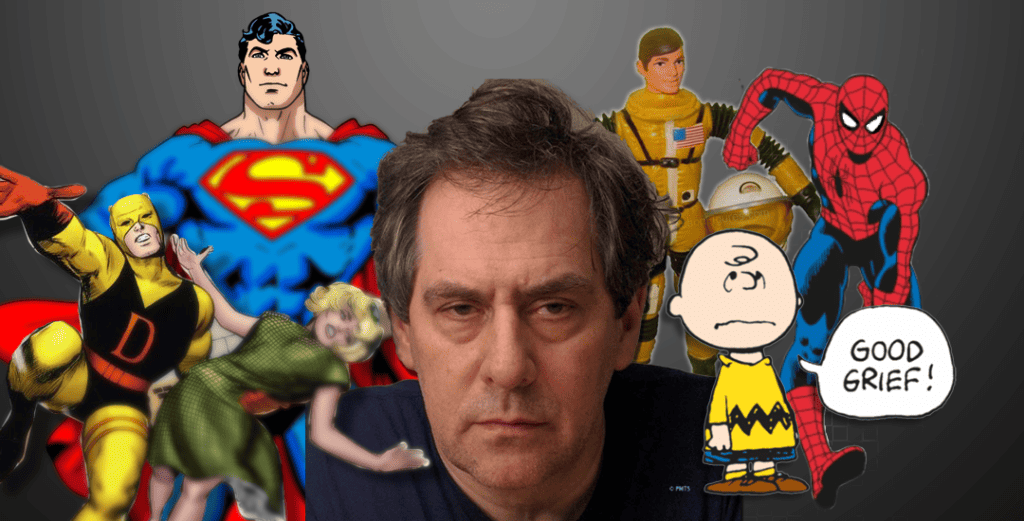
Dan Kempner
Contributing Writer
My family moved around a lot in my early years. No, I wasn’t an army brat. My dad was long out of the service by then. In the army he had written for Stars and Stripes, done radio shows on the base and just generally prepared for a career in the burgeoning broadcasting industry after WWII. He once pointed to the nightly news anchor on one of the Big Three networks and said:
“See that guy?”
“Un hunh.”
“Well, I was offered an interview for that job years ago. I said no
and that guy said yes. So here I am and there he is. Great choice, huh?”
What he did do was work for a guy doing motivational research, now
known as market research and, while he was good at it, he soon learned
he was not good at working for a guy. Any guy. So he’d go out on his own
and he’d learn again that he wasn’t good at working for a guy, even
when that guy was himself. So he’d get a job working for another guy and
we’d move to where that guy was and on and on.
At the same time, he didn’t lose his radio voice or his love of the way a story was told on air. It’s not possible to forget him goggling his eyes at me and chanting, in stentorian British accent and deep radio tones, “Who knows what evil lurks in the hearts of men? The Shadow knows….” And then the brash, satanic laughter, “Aaaaaah-haaahaaahaaahaahaahaaaaa!”
That was probably my introduction to comic characters, that and the “funnies” in the Sunday papers. Dad would read The New York Times, or The Toronto Star, or The Chicago Sun Times or whatever that town’s snooty paper was, and I would sit on the other side of the broadsheet picking out all the big words and asking him — through the thick folio still smelling of warm printer’s ink — what they meant.

A consequence of our itinérance was losing whatever friends I’d had
in the last town and, until I could make more in the new, there were
plenty of comic characters on the racks at the newsstands. Allowance
money being what it was in the 1960s and 70s, it was a hard choice
between a couple of candy bars for a nickel apiece, or the next The Daredevil for my full 25 cents.
Superman was the superlative hero, invincible yet somehow always needing his super brain to beat the bad guys. Even then, with little knowledge of ballistics, it occurred to me to wonder just how much Kryptonite could possibly have hit the earth from so far out in space. This was the time of the great moon landings, after all, and space was something we all thought about. I had my model Apollo rocket and my Major Matt Mason action figures and spent a lot of time careering around Mare Tranquilitatis in our dining room. Superman could fly through the great vacuum without breathing and I wished, and dreamt, I could too. My earliest memory of a dream, somewhere around three, was me in space in an Underdog cape, trying desperately to save the world. From what, I can’t recall.
Spidey, of course, had wit, and wit was another thing my dad had lavished me with, so the ol’ web crawler was a fave. Aquaman, too, was a terrific guy to hang around with, speeding through the depths on a seahorse with his hot mermaid companion. I remember Captain Marvel sitting in a joint in California and saying, “Ah! You just can’t beat the coffee in a diner!”
I didn’t know what a diner was then, but I believed that for years.
In times when friends were hard to come by, and my older sister was off on mysterious missions of her own, these characters formed a family of sorts, a community. Like Crosby, Stills, Nash and Young — to whom I was listening at the time on mono — these do-gooders might be saving the universe collectively on Tuesday and working alone on Thursday.
Not having the smarts of a collector, I read them ragged, over and over, until their pages were essentially papier-mâché. The same with Charlie Brown and the rest of the Peanuts gang. I was seven when I was given my first Fawcett-Crest edition. I was in the hospital having my tonsils removed and, to those who’ve had that surgery, you know laughing is not recommended. I did not care. I read them again and again and again. Those kids were so real to me, so authentic in their grown-up vocabularies and their childish pursuits, that they felt like brothers and sisters.
I can recall the very first page of the very first one as though it’s in front of me. Charlie Brown is doing something with wood and tools and Linus asks,
“So, how’s the birdhouse coming along, Charlie Brown?”
“Well,” he said, “I’m a lousy carpenter. I have poor taste and absolutely no sense of design.
I can’t saw straight, I can’t nail straight, and I always split the wood.
“So,” he continued, “all things considered, it’s coming along OK.”

I ask you, how could I not want to hang out with a kid like that? In some ways that has remained my personal context to this day. These books, too, were ragged ruins before I was done with them, but not before I’d learned every word, every expression, and much of what they had to teach.
I did the same with the other books I loved, Vonnegut’s Mother Night and Cat’s Cradle, LeGuin’s Earthsea trilogy and, of course, The Lord of the Rings. I found then, and still do, that I missed the characters if I didn’t see them for a while, just as I missed friends after a separation. It’s odd, really, as it’s not like they were going to say anything original. It was just comforting to spend time with them. Thinking about it now, I’m not sure how much originality counts in friendships. Qualities like trust and constancy are much more useful on that score, the people in those books never disappointed. The very fact that I knew exactly what they were going to say and do made them perfect companions.
One of my favorite authors, Robert Heinlein, once had a character say that reading books over and over was a childish habit. It may be so but that didn’t stop me from reading his books until the covers fell off, because Jubal Harshaw and Valentine Michael Smith and Lazarus Long were such delightful people. I retain this habit still. Time passes and I miss the characters I know so well, just as I miss my living friends and family. This suggests a community is not necessarily where we find it but rather where we make it.
This suggests a community is not necessarily where we find it but rather where we make it.
Think of Tom Hanks in Cast Away talking to his volleyball, Wilson. With no real companion at hand, it is prudent to make one up. So he did and so did I, back then. My plastic soldiers, when I was confined to bed for a month with mono, gave me a great deal of comfort.
And, of course, the casts of all those comics and books, from the mini-supermen in the tiny glass city of Kandor — who for some reason chose to stay in their bottle despite their super powers on the outside — to Snoopy’s Sopwith Camel fighter biplane, they all took me with them far away or made me chuckle close to home.

